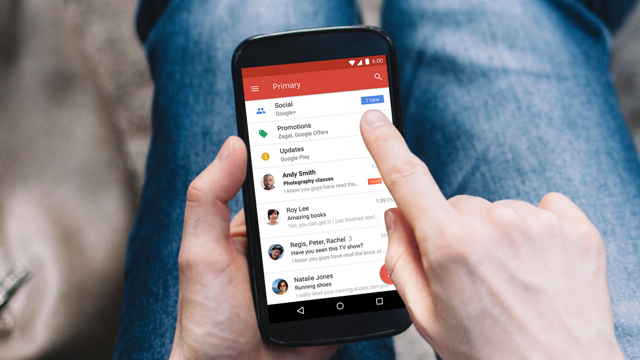Google has just standardized its Gmail policy, saying it will no longer scan the user emails of its free consumer service in order to serve targeted ads. The company adopted this policy with its G Suite corporate customers’ emails, and now adds its consumer service to avoid confusion and create a single policy. Google says the new policy, which will impact 1.2 billion consumers, will become active later this year. The company will continue to serve ads, but will draw data from YouTube or search rather than emails.
The New York Times reports that Google’s move can be understood as a way to “ease concerns that it will use data from corporate customers to help its mainstay advertising business,” especially in light of the company’s efforts to grow its Google Cloud business. The company also stated that it “will continue to scan Gmail to screen for potential spam or phishing attacks as well as offering suggestions for automated replies to email.”
“This decision brings Gmail ads in line with how we personalize ads for other Google products,” said Google senior vice president in charge of Google Cloud Diane Greene. Gmail is now “the most widely used web email service,” since its introduction in 2004, but “the service has been criticized by privacy advocates for scanning email to generate contextually aware ads.”
Ads in email apparently also “bothered users more than other targeted advertising found across the web, because users are more touchy about the privacy of email versus, for example, browsing history.”
According to Electronic Frontier Foundation senior staff technologist Seth Schoen, however, Google’s action was “driven by concerns from business users — not regular individuals.” “Some of the regular people who use Google services disliked the way their email contents were being used to target ads way back in 2004,” he said. “Yet their concerns couldn’t get much traction until Google became aware 13 years later that some current or prospective paying enterprise customers were uncomfortable with this practice.”
NYT said that, “the decision to stop combing email to distribute specific ads in Gmail is a sign of Google’s seriousness in winning over corporate customers to use its Internet infrastructure and services,” even though advertising is still Google’s largest source of revenue.


No Comments Yet
You can be the first to comment!
Sorry, comments for this entry are closed at this time.